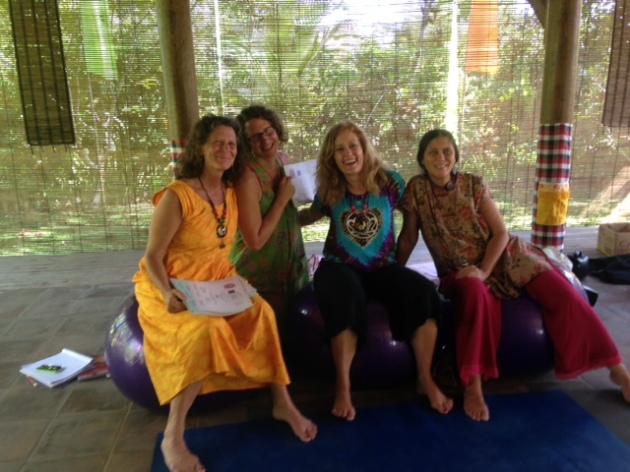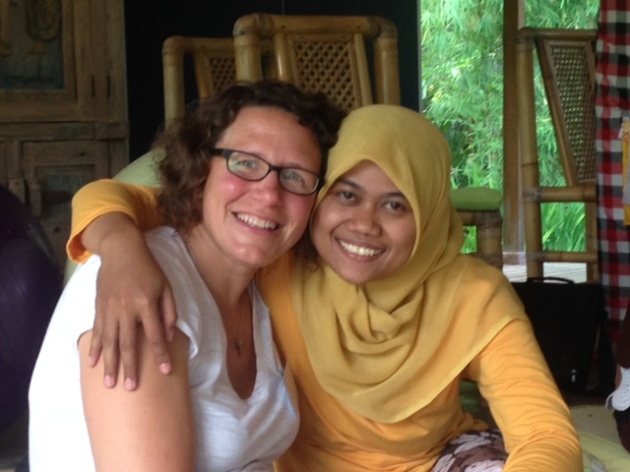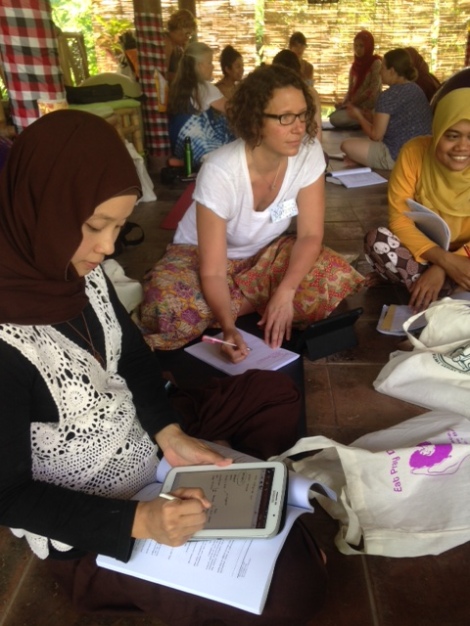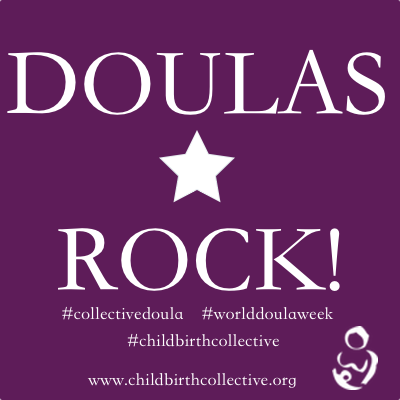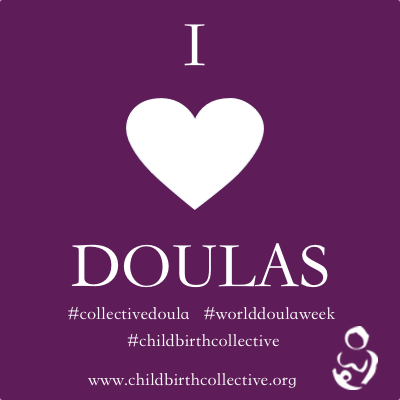
by Karen Schultz, CD(DONA)
In pre-natal meetings or in the early hours of labor I learn a surprising amount about my clients, and they about me. Inevitably, our conversations turn to family, the birthing stories of our mothers, and the dreams for our own babies.
There is always a thoughtful pause in the conversation when they ask, “Do you have children?” I smile and always offer the same response: “No…not yet.”
It is often the case that a woman comes to work as a doula after experiencing her own labors and realizing what a benefit that extra support was or could have been. She either didn’t have a doula and wished she had, or did have a doula and was inspired to follow in her doula’s footsteps. But for some of us, the call to doula comes without our own transformative birth journeys.
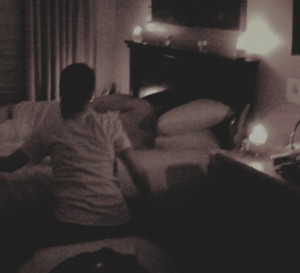
I am the only daughter in a family of six. My mother birthed naturally in hospitals and breastfed all of us for two years apiece, an oddity at a time when breastfeeding, for any length of time, was frowned upon. My mom’s influence was subtle over the course of my childhood, but by her example I slowly came to the conclusion that 1) birth is sacrificial, sacred, and beautiful, and 2) women are strong enough to labor well, to breastfeed well, and to nurture well.
I had always been interested in childbirth (I think most women intuitively are) but I hesitated in considering it my life’s calling. What could I, a woman who had never experienced labor, offer a women in the throes of childbirth?
I considered nursing school for a time, but I didn’t want to be bogged down in charting and paperwork when my real love was building up the bonds within families and communities. Science was also a passion of mine, and eventually I did teach high school anatomy & physiology, along with biology and a host of other subjects. Inevitably, when the time came for classroom lessons about fertility, fetal development, and childbirth, my female students would moan about the anticipatedpain of birth, while my male students would acknowledge the fear they had of simply supporting their future wives during their labors.
I thought, “Is this how our young people should face one of the most transformative experiences of their lives?” Surely not! It just didn’t seem right that our society was priming them to believe in the weakness of the female body, rather than in its strength!
It wasn’t until I left teaching and returned home to Minnesota that the doors to birth work began to open. With a bit of nervousness but firm resolution, I attended my first birth on New Year’s Eve of 2012. It was remarkable! In every birth I attended since then, I’ve been struck by how comfortable I’ve felt in the birthing room, how confident I was in the mother’s ability to birth well, and how touched I was by the love between parents. I also became more practically aware of the advantages of my singlehood: I didn’t (yet) have to juggle the responsibilities that come with motherhood–no worries about getting a sitter for a long labor or finding a back-up doula when a little one catches a fever! My responsibilities, in large part, are to myself only.
I also realized that being a doula who hasn’t birthed carried another benefit: I am not burdened by my own “birth baggage”. I don’t have, for instance, the memory of an epidural followed by regret of that choice, or a c-section that I felt could have been avoided. I can pretty safely say that I don’t have any expectations of how labor “should” go because I can’t judge based on my personal experience. I know that every labor is different because every mother is different and every baby is different.
Of course, I hope it goes without saying that I know dozens of “doula-mothers” who successfully leave their own birthing experiences at the door of the birthing room and only retrieve wisdom from them if it is of benefit to the mother and her particular need. I also know with certainty that there are doulas who, having not personally experienced the intensity of labor, might struggle to have compassion for a laboring woman in great need. There are strengths and weaknesses of both states in life.
So what is it, then, that makes for a stellar doula? Is it simply a matter of knowing what labor feels like? That seems far too simplistic; having a baby isn’t just about getting through contractions or learning how to push. It’s about realizing the gift of our femininity, discovering a deeper bond with our partner, and trusting in the strength of our created bodies. It’s about relying on those whom we love and trust for a firm and steady hand and the unfailing reassurance that we can do it.
For many expectant parents, I think it’s quite natural to ask the question, “Will my doula know what to do if she hasn’t had her own children?” But I would urge these parents to instead think of the qualities necessary for an exceptional doula: Compassion. Understanding. Presence. Wisdom. Joy. Having birthed or not having birthed, it is these qualities that are most important.
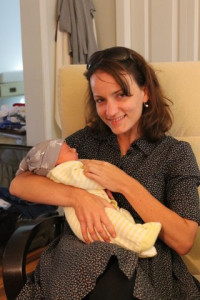
Karen Schultz, CD(DONA), is happily settled in the Twin Cities after a hiatus in Washington, D.C. where most recently she taught science to high schoolers. Read more about her at http://filiabirth.com.





